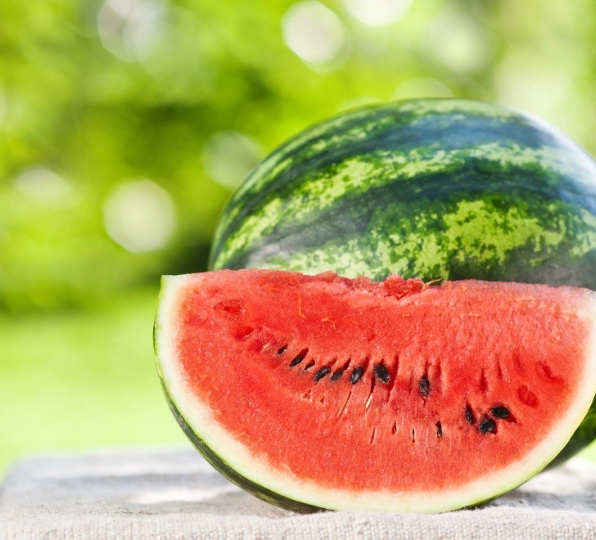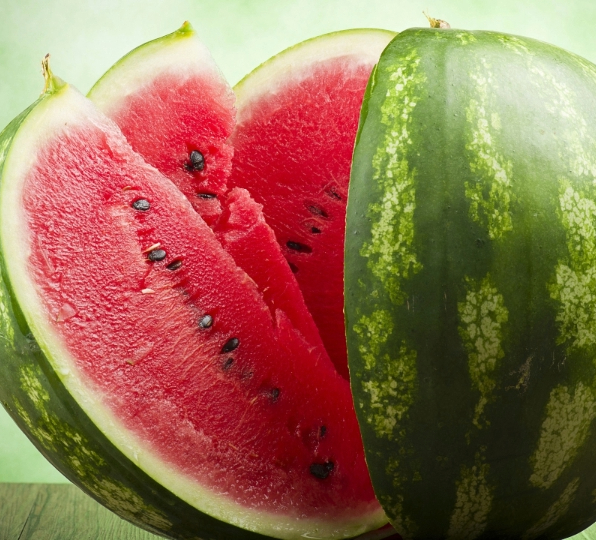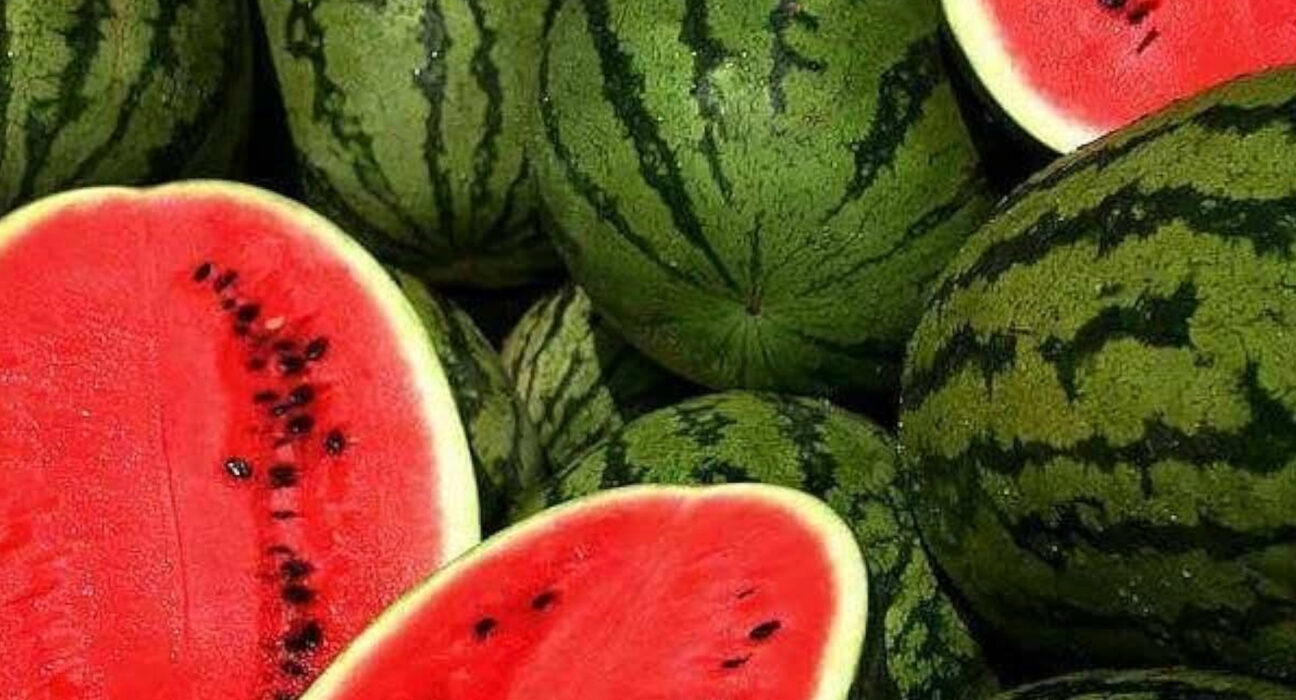Introduction:
Hypertension, or high blood pressure, is a common health issue that can lead to serious complications if not managed properly. During the summer months, managing hypertension becomes even more crucial as high temperatures can exacerbate the condition. One delicious and effective way to help control blood pressure is by incorporating watermelon into your diet. Here’s how watermelon can contribute to better blood pressure management this summer:
1.Rich in Citrulline
Watermelon contains an amino acid called citrulline, which is known to help improve blood flow and relax blood vessels. This can lead to a reduction in blood pressure. Citrulline is converted into arginine, another amino acid, which is a precursor to nitric oxide. Nitric oxide helps dilate and relax blood vessels, thereby improving blood flow and reducing hypertension.
2. Hydration Powerhouse
Staying well-hydrated is essential for maintaining normal blood pressure levels, especially during the hot summer months. Watermelon is composed of about 92% water, making it an excellent choice for hydration. Proper hydration helps the heart pump blood more efficiently and reduces the strain on blood vessels.
3.High Potassium Content
Watermelon is rich in potassium, a vital mineral that helps regulate blood pressure. Potassium aids in balancing the effects of sodium in the body and eases tension in blood vessel walls, which can help lower blood pressure. Incorporating potassium-rich foods like watermelon can be a simple and tasty way to support heart health.
4. Low in Sodium
A diet low in sodium is crucial for managing hypertension. Watermelon naturally contains very low levels of sodium, making it a heart-healthy choice. Consuming foods with low sodium content can help prevent water retention and lower blood pressure levels.
5. Antioxidant Benefits
Watermelon is packed with antioxidants, such as lycopene, vitamin C, and beta-carotene. Lycopene, in particular, has been shown to have cardiovascular benefits, including lowering blood pressure. These antioxidants help reduce oxidative stress and inflammation in the body, which are key factors in the development and progression of hypertension.


Conclusion:
Incorporating watermelon into your summer diet is a delicious and natural way to help manage hypertension. Its rich content of citrulline, potassium, antioxidants, and high water content make it an ideal food for supporting cardiovascular health and maintaining normal blood pressure levels. So, beat the summer heat and keep your blood pressure in check by enjoying this refreshing and nutritious fruit regularly. Your heart will thank you!












